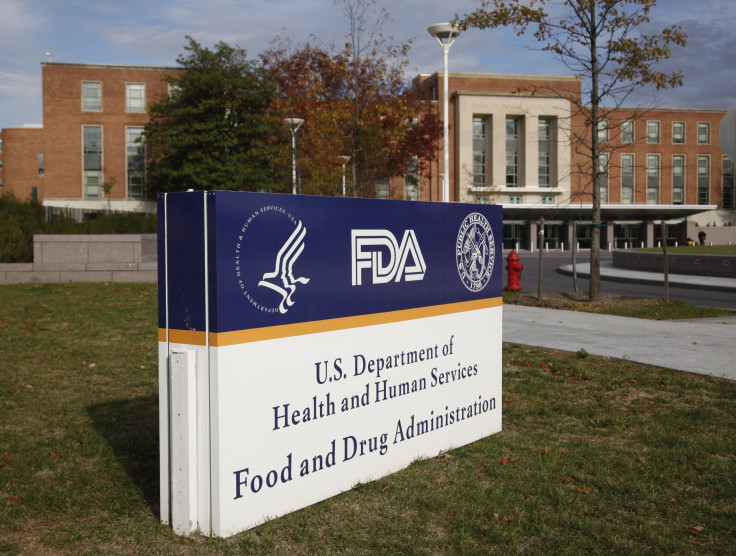Drug Overdose: FDA Approves Adapt Pharma's Easy-To-Use Nasal Spray For Opioid Overdose

The U.S. Food and Drug Administration (FDA) have today approved Narcan nasal spray, a life-saving medication that can reverse or stop the effects of opioid overdose. The Narcan nasal spray, a version of naloxone hydrochloride, is one of its own kind of nasal medication to be approved by the regulatory body.
Deaths due to drug overdose are now one of the leading causes of deaths in the U.S. and is quickly surpassing the number of deaths due to motor vehicle accidents. A large percentage of drug overdose deaths occur because of prescription drugs.
Opioids includes a class of prescription medications, including morphine, hydrocodone and oxycodone. An opioid overdose can lead to a series of reaction and symptoms in the person who consumes the drug, including shallow breathing and difficulty to awaken the individual.
In case of absence of any medical intervention, the person subjected to opioid overdose might even die. The FDA stated that quick administration of naloxone can reverse the effect of the overdose within two minutes.
“While naloxone will not solve the underlying problems of the opioid epidemic, we are speeding to review new formulations that will ultimately save lives that might otherwise be lost to drug addiction and overdose,” said Stephen Ostroff of the FDA in a press release.
Until now, the FDA had approved only the injectable form of naloxone. Early responders to the approval say that nasal spray will be much easier to use and would help eliminate the risk of contamination through needles or syringes.
The Narcan nasal spray was granted FDA's priority review and fast-track designation. While the regulatory body's priority review program grants a speedy review of drugs that offer a significant improvement in diagnosis, prevention or treatment of a serious condition, its fast-track process facilitates the development and review of drugs with a potential to meet a previously unmet medical need.
© Copyright IBTimes 2024. All rights reserved.





















